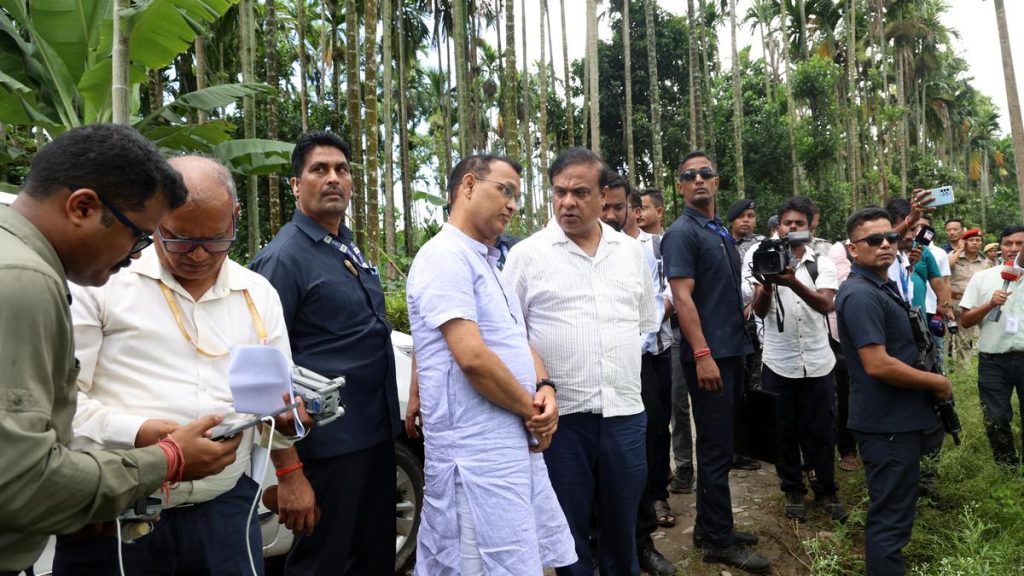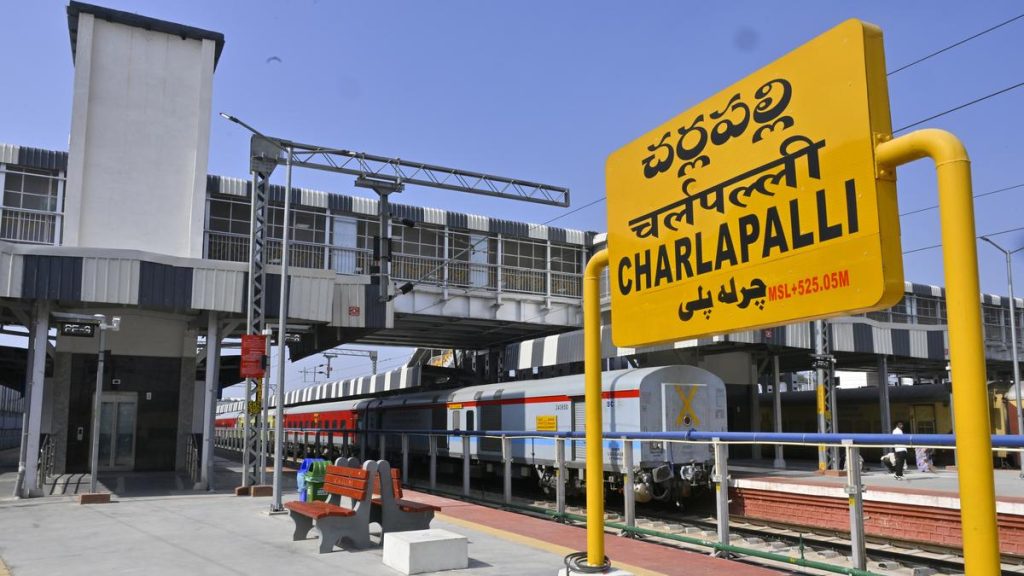Now Reading: IPFT Urges Special Recognition for Indigenous Groups in Tripura
-
01
IPFT Urges Special Recognition for Indigenous Groups in Tripura
IPFT Urges Special Recognition for Indigenous Groups in Tripura

Quick Summary
- The Indigenous People’s Front of Tripura (IPFT), an ally of the BJP in Tripura, has demanded a Special intensive Revision (SIR) of electoral rolls similar to Bihar’s model.
- A four-member IPFT delegation led by president Prem Kumar Reang met Chief Election Commissioner Gyanesh Kumar on August 1 and submitted a memorandum supporting this demand.
- Swapan Debbarma,IPFT general secretary,emphasized the importance of ensuring no genuine citizens in Tripura are disenfranchised from electoral rolls.
- The Tipra Motha Party (TMP), another BJP ally in Tripura, had previously called for SIR during a meeting with the chief Election Commissioner.
- IPFT plans to organize a rally on ‘Sixth Schedule Day’ at Vivekananda Ground in Agartala on August 23 ahead of next year’s elections for the Tripura Tribal Areas Autonomous District Council (TTAADC).
- The party also intends to submit a memorandum demanding Tipraland’s formation to Union Home Minister Amit Shah through the Governor of Tripura.
- In 2018 Assembly elections, IPFT secured success with its separate statehood demand for Tipraland, winning 14 ST-reserved seats and contributing to unseating the Left Front alongside BJP.
Image Included:
!Image
Indian Opinion Analysis
The demand for Special Intensive Revision (SIR) highlights ongoing concerns regarding accurate depiction and inclusion within electoral processes-a critical issue in tribal-dominated areas like Tripura. Both IPFT and TMP seeking similar revisions underscores shared anxieties about voter disenfranchisement amidst shifting demographic and political contexts. Organizing such revisions could address perceived gaps; however, it requires clear action plans targeting inclusivity.
the scheduled Sixth Schedule rally signals efforts towards consolidating community-specific visibility before pivotal TTAADC elections next year. Moreover, submitting demands like forming ‘Tipraland’ reflects persistent aspirations within tribal groups-perhaps reshaping socio-political dynamics surrounding autonomy debates. While these developments underline regional complexities tied to ethnicity-driven politics, collaboration among stakeholders remains crucial for enduring solutions respecting democratic ideals.
























